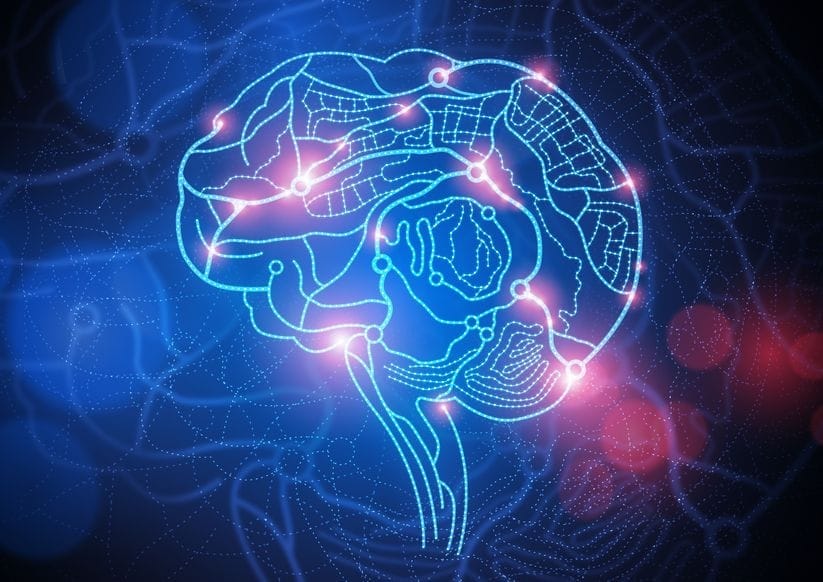What are Central Nervous System Depressants? How do they work?


What are CNS Depressants?
Central Nervous System (CNS) depressants, also known as sedatives or tranquilizers, work by slowing down the brain’s activity. These substances serve a significant role in inducing a state of relaxation and calmness for those who use them. Key examples of these substances include benzodiazepines, barbiturates, alcohol, and certain tranquillizers.
CNS depressants have a broad spectrum of potency, with their impact ranging from mild sedation to complete anaesthesia at higher doses. However, it’s crucial to acknowledge that these substances can pose severe risks if misused or abused, or taken contrary to a doctor’s prescription. Unregulated usage can lead to harmful health consequences, potentially causing irreversible damage.

Usage of CNS Depressants
Many mental health professionals may prescribe CNS depressants as part of treatment plans for a range of mental health disorders. For instance, benzodiazepines such as Xanax are often prescribed to manage conditions like anxiety. However, while these substances can be effective in managing symptoms, they carry a potential risk of dependency. Over time, users can develop a physical or psychological addiction to these substances, which can lead to a host of problems, including withdrawal symptoms, cognitive impairments, and in severe cases, life-threatening health issues.
The addictive nature of these substances is rooted in their interaction with our nervous system. By augmenting the action of certain neurotransmitters and slowing brain activity, these drugs can produce feelings of euphoria and relaxation, which users may start to crave, setting the stage for a potential cycle of addiction. Understanding this risk is critical in responsibly using CNS depressants, ensuring that they are utilized as effective medical tools rather than becoming a source of further health challenges.
How do CNS depressants work?
The brain functions with the assistance of various neurotransmitters, each assigned to specific roles. These neurotransmitters act as the communication lines between diverse cells in the brain. For example, dopamine, one type of neurotransmitter, primarily generates feelings of pleasure within the midbrain area. On the other hand, GABA, or gamma-aminobutyric acid, operates differently; its primary role is to slow down or relax brain activity.
Central Nervous System (CNS) depressants exert their effects by specifically interacting with GABA neurotransmitters. When GABA slows down the brain’s activity, the resulting experience is one of tranquility and relaxation. A variety of CNS depressants work on this neurotransmitter, each in its distinct fashion. However, the ultimate effect produced by all CNS depressants remains consistent – they induce a state of relaxation within the brain.
This impact on brain function underscores the critical nature of these substances. Although beneficial in therapeutic settings for conditions such as anxiety, their misuse can lead to dependency and health risks. Therefore, understanding the functioning of CNS depressants not only broadens our comprehension of their role but also heightens our awareness of the potential dangers associated with their misuse.
Types of CNS drugs
Central Nervous System (CNS) depressants predominantly fall into two primary categories, namely Barbiturates and Benzodiazepines. Each of these classes plays a significant role in the management of various mental and physiological conditions.
Barbiturates
Barbiturates represent one of these main categories. Notable examples include mephobarbital (Mebaral) and pentobarbital sodium (Nembutal), which are often prescribed by healthcare professionals. These medications are particularly effective in managing conditions such as sleep disorders, anxiety, and tension. They function by reducing the activity in the brain and central nervous system, thereby inducing a calming effect that helps individuals suffering from these disorders achieve restfulness and tranquility.
Benzodiazepines
The second significant group consists of Benzodiazepines. This class includes familiar medications like Alprazolam (Xanax), Diazepam (Valium), and Chlordiazepoxide HCL (Librium). Benzodiazepines are typically prescribed to address conditions like anxiety, stress, tension, and panic disorders. A specific medication within this group, Estazolam (ProSom), is commonly used to manage sleep disorders. The sedating effect of these drugs promotes calmness and restfulness in the body, helping patients achieve much-needed relief from their symptoms.
While these CNS depressants are useful therapeutic tools, it’s crucial to remember that they should only be used under medical supervision due to their potent effects and potential for dependency and addiction. Always consult with a healthcare professional before starting or adjusting any medication regimen.
Warning
Use these medicines with care. CNS depressants can significantly dull our consciousness, bringing serious side-effects. They mustn’t mix with drugs that induce sleep or ease pain, including over-the-counter allergy, cold, and pain remedies. Their combined use can be deadly, as both decrease brain activity.
There are so many risks and addictive potential of over-the-counter drugs. Possible outcomes may involve a slow heart rate and breathing difficulties, which can be lethal.
If there’s dependency or abuse of CNS depressants, it’s crucial to seek treatment. Their calming effect can lead to addiction, and because these aren’t illegal drugs, it’s easy to overlook the dependency issue. However, the reliance on any substance for normal functioning, especially for people with addictive personalities, leads to addiction, particularly if usage continues despite overdose risks such as coma, unconsciousness, or even death. Addiction can also lead to isolation, obsession, and compulsive use.
Reaching out for help
If you struggle with CNS depressant abuse, there is help available. Initially, hospital detoxification is essential. Be transparent about your drug use details. Post-detoxification, addiction treatment may be necessary. It can range from counselling and therapy to behavioural management strategies for preventing relapse. In some cases, drug problems might not imply addiction, but if your life has become unmanageable, addiction treatment can be highly beneficial in the long run. For more information, please contact us at Solace. We’re here to support your recovery journey from CNS depressants.

